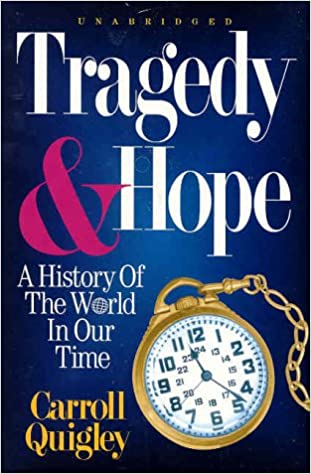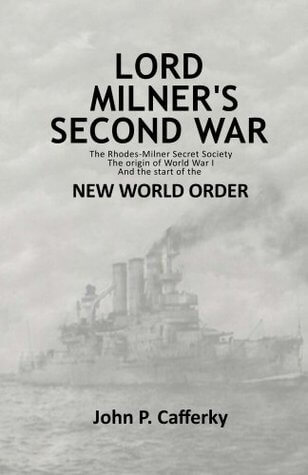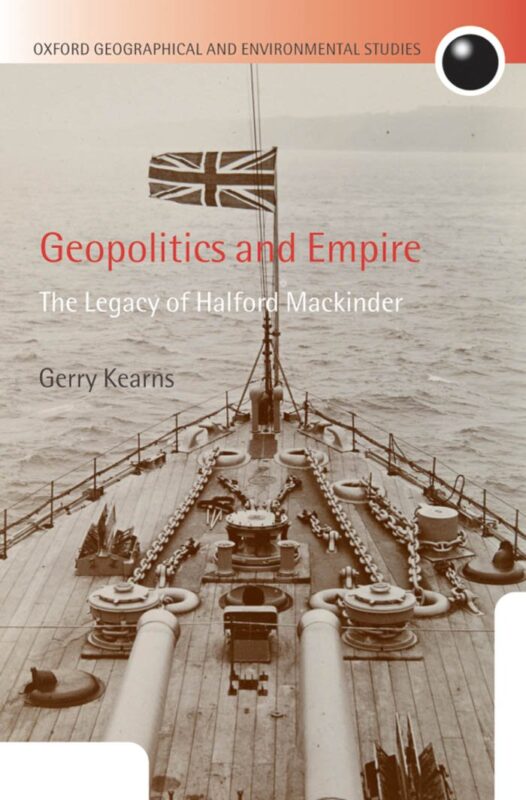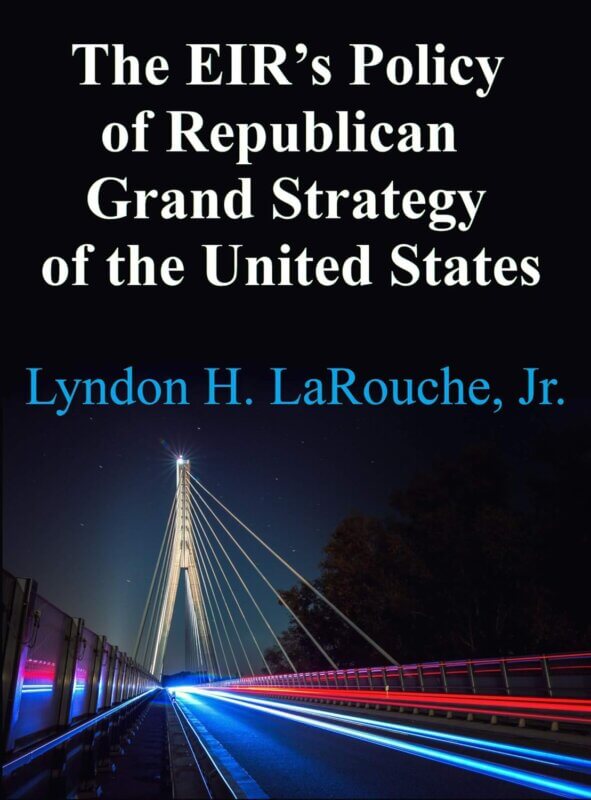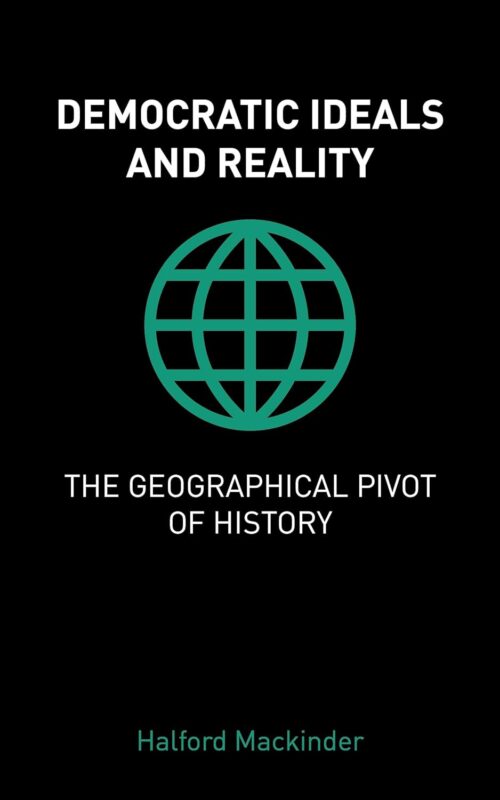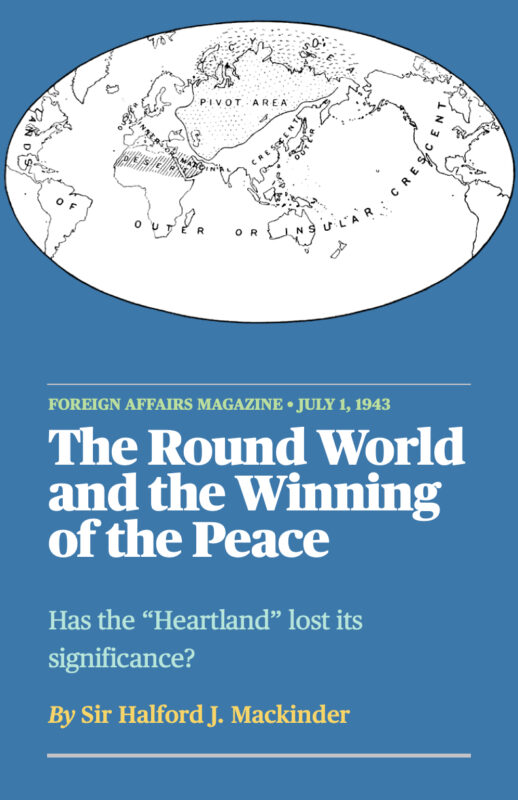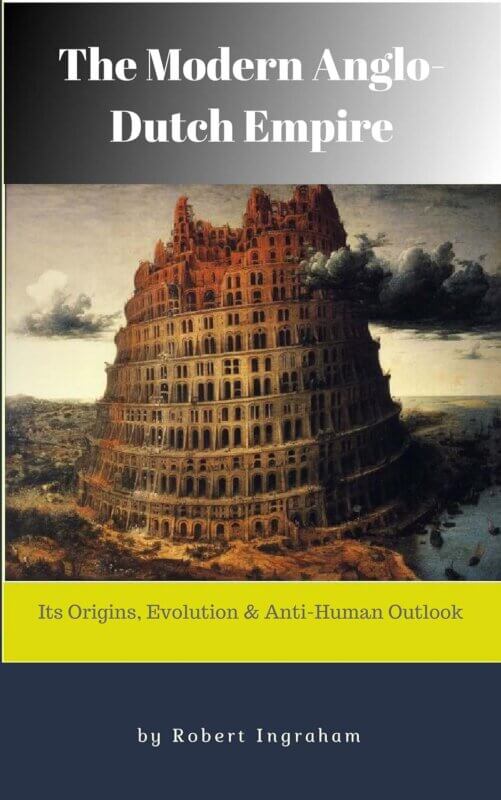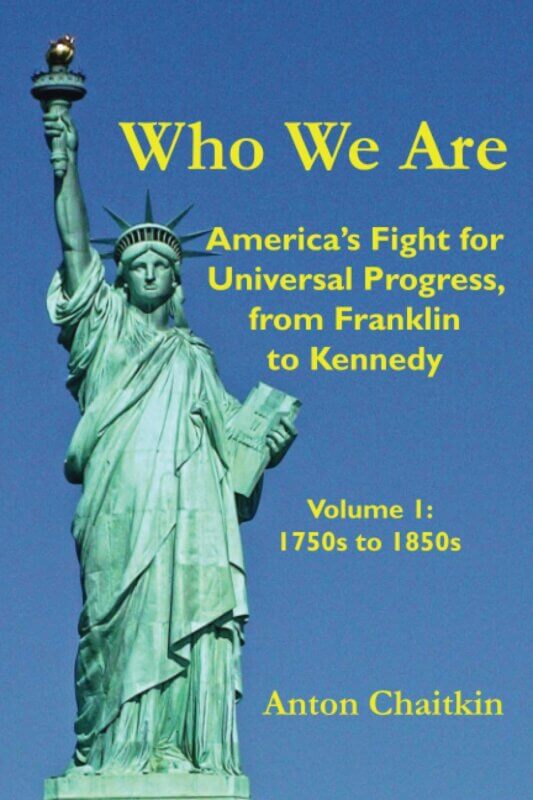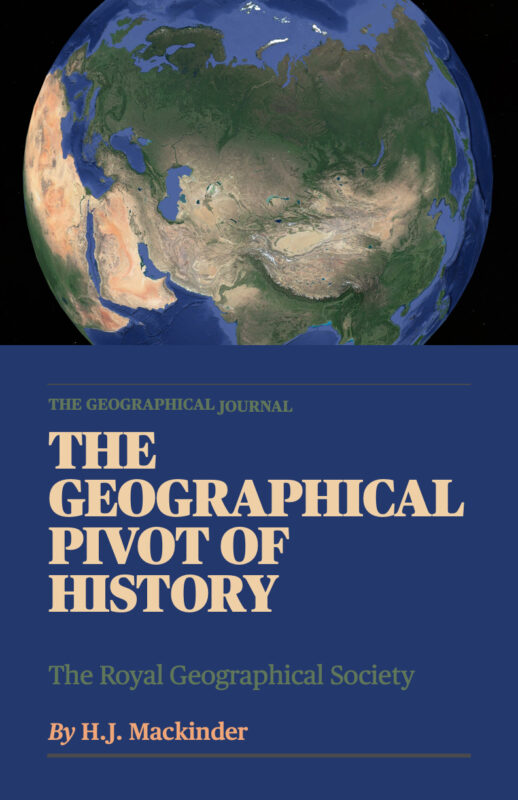
The essay by Halford Mackinder presents an expansive and insightful exploration into the historical and geographical dynamics that have shaped global politics. Mackinder, a renowned geographer and the Director of the London School of Economics, posits the theory of the "Columbian Epoch," marking the last 400 years as a period dominated by European expansion and exploration. He argues that this epoch is concluding around the year 1900, giving way to a new era characterized by a "closed political system" of global scope.
Mackinder examines the transformation of geography from a discipline of exploration to one focused on intensive survey and philosophical synthesis. He traces the historical movements and expansions of various civilizations, emphasizing the pivotal role of geographical features in shaping human actions throughout history. Central to his analysis is the contrast between the Columbian epoch and the preceding medieval period, noting the expansion of Europe against minimal resistance compared to the confined and threatened existence of medieval Christendom.
A key element of Mackinder's thesis is the strategic importance of what he refers to as the "pivot area" or "heartland" of Eurasia. He suggests that control of this central region has been crucial in historical power dynamics and will continue to be significant in future geopolitical strategies. Mackinder argues that any explosion of social forces will now have global repercussions, unlike in previous eras where such impacts were more localized.
Throughout the essay, Mackinder integrates geographical and historical analysis to propose a framework for understanding the causation in universal history. He suggests that this approach can provide valuable insights into current international politics and the balance of global power. His perspective emphasizes the interconnectedness of global events and the importance of considering all elements of the geopolitical chessboard in statecraft.
The essay concludes with discussions and critiques from various attendees, including reflections on the potential future role of South America in global politics and the evolving nature of military and economic power, particularly in relation to sea and land mobility. Mackinder's work is acknowledged for its stimulating and comprehensive approach to viewing history and politics through a geographical lens, offering a new perspective on the enduring struggle between different forces and regions across the globe.












